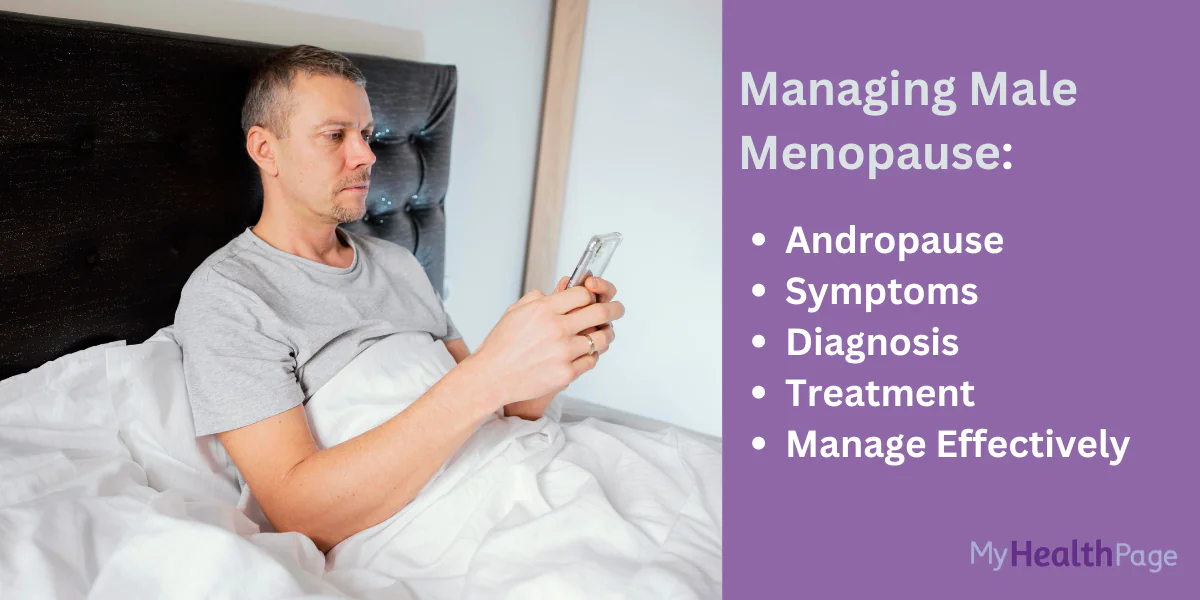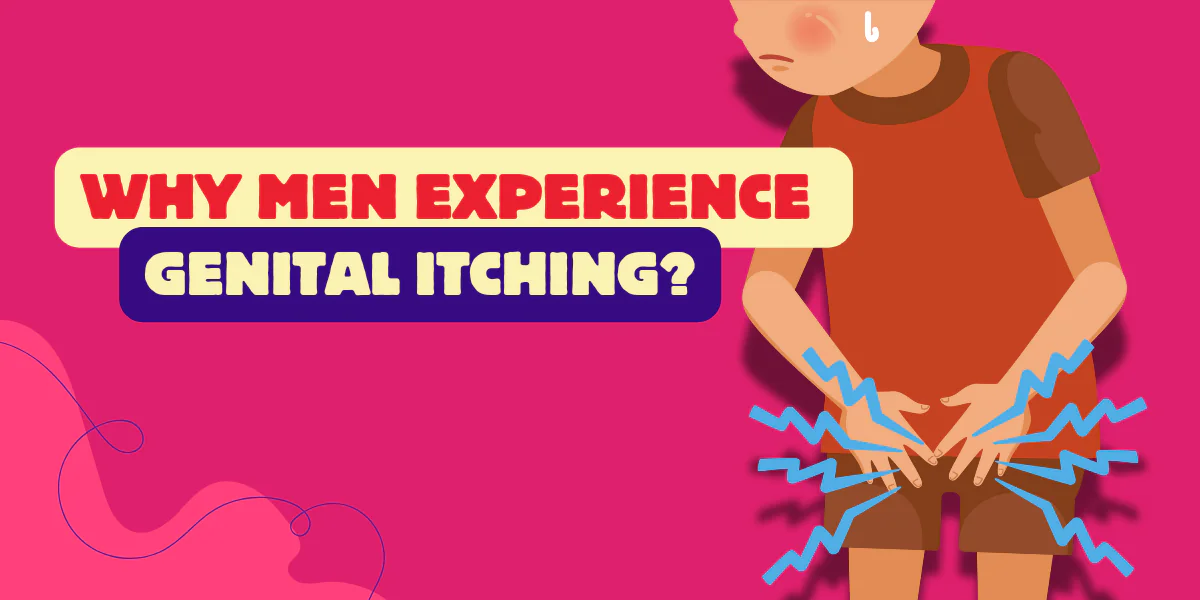As men age, they undergo various changes, just like women do with menopause. One such change is andropause—a term used to describe the gradual decline in testosterone levels in men, typically starting around middle age. This article aims to shed light on what andropause is, how it affects men, and what can be done to manage it effectively.
What is Andropause?
Andropause is often referred to as male menopause. Unlike menopause in women, which is a sudden and clear transition, andropause is a gradual process. It generally begins after the age of 40 and continues as men get older.
Key Features of Andropause
- Hormone Decline: The primary change during andropause is a decrease in testosterone levels, which is the hormone responsible for many male characteristics and functions.
- Gradual Onset: Unlike menopause, which occurs abruptly, andropause happens slowly over several years.
Symptoms of Andropause
Men experiencing andropause might notice various symptoms:
- Fatigue: Feeling unusually tired or less energetic.
- Reduced Libido: A decrease in sexual desire.
- Mood Changes: Experiencing irritability, depression, or mood swings.
- Difficulty Sleeping: Trouble falling asleep or staying asleep.
- Decreased Muscle Mass: Losing muscle strength and mass.
How Andropause Affects Daily Life
The symptoms of andropause can impact various aspects of daily life.
Emotional Well-being
Mood swings and irritability can affect relationships and overall happiness. Men may find themselves more anxious or depressed, which can strain personal and professional relationships.
Physical Health
Reduced muscle mass and energy levels can make daily tasks feel more challenging. Additionally, changes in sleep patterns can further exacerbate fatigue and affect overall health.
Sexual Health
A decrease in libido and erectile dysfunction are common concerns. This can affect self-esteem and intimacy with partners.
Managing Andropause: Solutions and Tips
Although andropause is a natural part of aging, there are ways to manage its symptoms and improve quality of life.
1. Lifestyle Changes
Exercise Regularly: Engaging in regular physical activity can help maintain muscle mass, boost energy levels, and improve mood. Activities like walking, jogging, and yoga can be beneficial.
Healthy Diet: Eating a balanced diet rich in fruits, vegetables, whole grains, and lean proteins can help manage weight and support overall health. Including foods high in zinc and vitamin D can also aid testosterone production.
Adequate Sleep: Ensuring you get 7-9 hours of quality sleep each night can help manage fatigue and improve mood.
2. Stress Management
Mindfulness and Relaxation: Practices such as meditation, deep breathing exercises, and mindfulness can help manage stress and improve emotional well-being.
Hobbies and Interests: Engaging in activities you enjoy can provide a sense of accomplishment and joy, counteracting mood swings and depression.
3. Medical Interventions
Consult a Healthcare Professional: If symptoms of andropause are significantly affecting your life, consult a doctor. They can perform tests to measure hormone levels and recommend appropriate treatments.
Hormone Replacement Therapy (HRT): In some cases, doctors may recommend testosterone replacement therapy to manage symptoms. This should only be considered under professional guidance.
4. Support Systems
Family and Friends: Share your experiences with loved ones. Their support can be invaluable during this time.
Support Groups: Joining support groups or forums for men experiencing andropause can provide additional advice and encouragement.
Preventive Measures
While andropause is inevitable, certain lifestyle choices can help delay its onset and mitigate its effects.
- Maintain a Healthy Weight: Obesity can exacerbate symptoms of andropause. A balanced diet and regular exercise are key.
- Avoid Excessive Alcohol and Smoking: Both can negatively affect hormone levels and overall health.
- Regular Check-ups: Routine health check-ups can help detect any issues early and manage them effectively.
Conclusion
Andropause is a natural part of aging, but it doesn’t have to disrupt your life. By understanding its symptoms and taking proactive steps, you can manage its effects and maintain a high quality of life. Embracing a healthy lifestyle, seeking medical advice when needed, and building a strong support system are crucial in navigating this phase.
Call to Action: If you suspect you’re experiencing symptoms of andropause, don’t hesitate to consult with a healthcare professional. Addressing these symptoms early can lead to better management and improved quality of life.
Further Reading and Resources
Disclaimer:
The information provided in this article is for educational purposes only and is not intended as medical advice. Always consult with a healthcare professional before making any changes to your diet, especially if you have any underlying health conditions or dietary restrictions. The benefits mentioned may vary from person to person.












